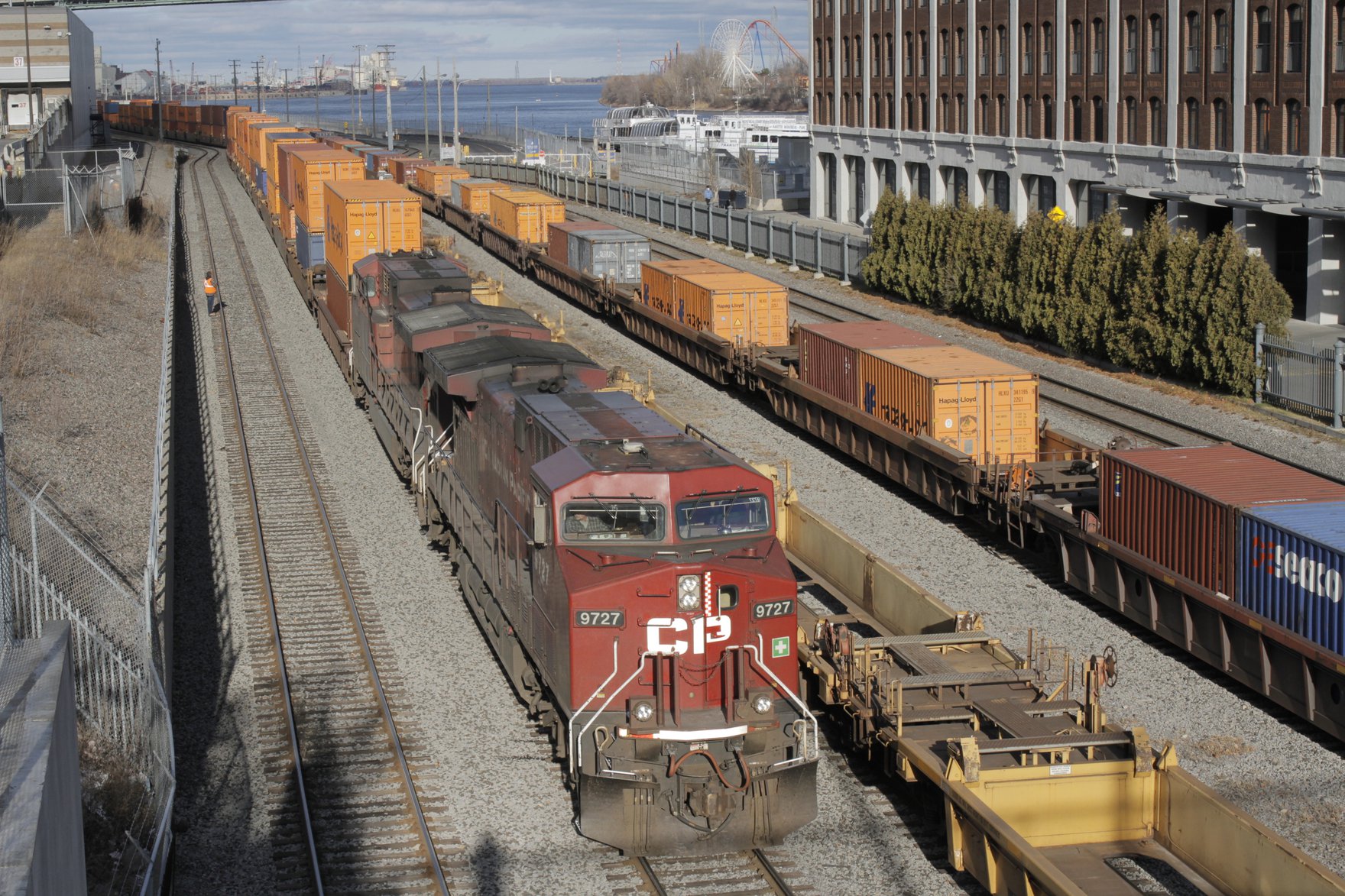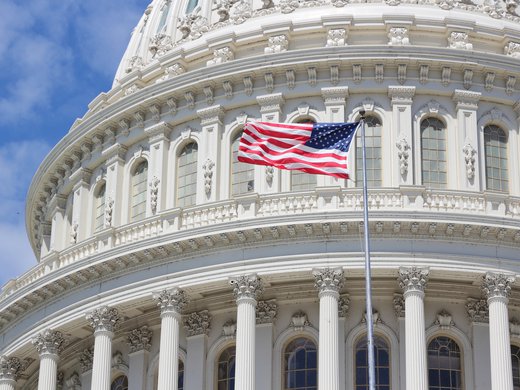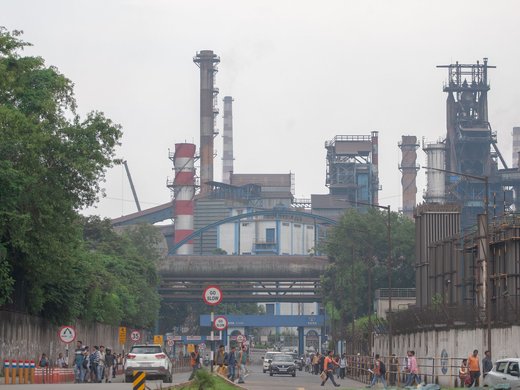Last week, Canadian, US and Mexican officials plunged into the fifth round of negotiations over revising the North American Free Trade Agreement (NAFTA), scheduled to last until November 21 in Mexico City. Movement on key issues, such as NAFTA automotive content regulations, was reportedly slow.
“We're just getting started. Long ways to go,” Canada’s chief negotiator, Steve Verheul, told reporters on Friday. “It's a challenging negotiation. Really challenging.”
Negotiators must be considering whether any potential compromises they pitch could ever be enough to appease the White House, which has threatened to withdraw the United States unilaterally from the agreement.
The stated goal of any particular withdrawal, for Trump and his supporters, is to bring jobs back to the United States. Many experts suggest that the move could help hike US employment in some sectors. According to ImpactECON LLC, a Colorado-based economic consulting firm, there would be small increases in sugar production, apparel, chemicals, metals, electronic equipment and machinery.
However, experts also suggest that the immediate, short-term and long-term impact of withdrawal would be bad news overall for the US economy and job creation, leading to rapid stock market fluctuations, employment losses and an eventual shift in production of new automobile manufacturing to overseas emerging markets.
How would it go down? The likely chain of events: Trump would sign an executive order triggering a six-month withdrawal process, a move that the auto sector, the US Chamber of Commerce and some lawmakers on Capitol Hill would challenge. Immediately, certain corporations, such as Bombardier and General Motors (GM), would see their share prices temporarily plummet, a short-term overreaction that would correct itself over a few days. And, in this scenario, the Mexican peso and Canadian dollar would initially suffer a drop in value, according to experts.
However, over the longer term, there would be other, more negative implications. Robert Scott, senior economist at the left-leaning Economic Policy Institute in Washington, DC, estimates that the United States would lose up to 142,000 US jobs if tariffs are hiked to 2.7 percent for the United States, 4.6 percent for Mexico and 2.4 percent for Canada. (Estimates assume that tariffs would revert to those set by the World Trade Organization under its most-favoured-nation rules). The sectors that would feel job losses most keenly include the US auto industry and some agriculture sectors, such as US corn and soybeans exports. Gary Clyde Hufbauer, a senior fellow at the Peterson Institute, said that farming states overall are lobbying against cancelling NAFTA. “They couldn’t export,” he said.
Overall, Scott estimates that the move would raise the US trade deficit by $19.6 billion, by hurting US exports to Mexico and reducing the US GDP by 0.1 percent, though he concedes raised tariffs could help other kinds of US farmers since the US is also a big importer of fruits and vegetables, cattle, beef and pork.
Nevertheless, the North American auto sector would be impacted the most, since the manufacturing of cars and parts by Ford Motor Company, GM and FCA Group (Chrysler) is thoroughly integrated among the three countries, with some parts going back and forth across the border multiple times. Other manufacturers, such as Volkswagen, which manufactures cars in the United States and Mexico, would also be affected.
“Tariffs could repress the auto trade and make car production more expensive, which would have a particularly negative effect on auto companies,” Scott said.
Academics and policy experts argue that the immediate uncertainty sure to ensue — combined with the long-term costs of taking an axe to NAFTA — would lead to automakers deciding over the next four to five years to source their manufacturing outside of North America.
Scott pointed out that GM owns production facilities in South Korea and could expand there. Automakers could also expand to other countries, such as Vietnam, where labour costs are low. Vietnam is one of 11 countries working to reach an agreement on the Trans-Pacific Partnership, a deal that would not include the United States. Also, experts point out that labour costs could be low enough in some countries to offset any hiked tariffs associated with importing to the United States. “You might see some US auto supplier plants close down because of an automaker moving production abroad, shipping the final product to the US,” Scott said.
Joel Trachtman, professor of international law at Tufts University in Massachusetts, insists that both US and non-US auto companies would seriously consider setting up new manufacturing plants abroad, perhaps in low-cost, emerging countries, if the United States hikes tariffs. “Let’s say you start to introduce tariffs on the cars and parts,” Trachtman said. “When [companies] make the next decision about where to make their next factory, it may not be the US.”
That uncertainty could set in even before a decision by the Trump administration to withdraw from NAFTA. In the interim, between when an executive order is signed and when the US Supreme Court makes a final ruling on the matter, uncertainty would abound. For the auto sector, for example, there might be an incentive to allocate capital not in the United States but in China, where Beijing has called for one out of every five cars sold in the country to run on alternative fuels by 2025.
“In North America [automakers] won’t know if that [new] plant will make sense, assuming you want supply chains; you don’t know if you will be able to buy parts with tariffs or without, and it might not be settled for a while,” Trachtman said.
Patrick Leblond, a senior fellow with the Centre for International Governance Innovation and an associate professor at the University of Ottawa, suggests that a lot of car manufacturers could move to China. “If you have these tariffs that add to the cost of building cars in North America, why should [automakers] stay in the US?” he asked. “They may want to move to China, build huge plants and have access to that market and export into the US.”
Leblond suggests that, during the expected interim period of uncertainty, Trump wouldn’t be able to claim any “win” and the business community at large would be faced with confusion about what to expect with regards to US trade policy. “Maybe instead of investing in North America, the auto sector will invest in Asia, Latin America or Europe. It would be a mess,” Leblond said.
One potential outcome of an executive order seeking to terminate NAFTA would be for Congress to have the final word on ratifying any dismantling effort. Trachtman suggests that lawmakers representing states with a great deal of agricultural production, as well as those from states with big auto plants, would lead the revolt on Capitol Hill against any move to break up NAFTA. “I think it would be a tough mountain to climb to get the votes to terminate NAFTA,” Trachtman said.
Leblond suggests that the uncertainty over a NAFTA dismantling effort could coincide with the US 2018 mid-term elections, really forcing lawmakers to take a stand one way or the other.
Beyond the auto sector, NAFTA could have far-reaching negative implications for a variety of Canadian companies, including Bombardier, Magna International, Canadian Pacific Railway and Canadian National Railway. Leblond notes that Magna, an automotive parts maker based in a Toronto suburb, has operations in all three countries and could take a hit from tariffs. He also noted that Bombardier, based in Montreal, would be negatively impacted because it is highly integrated in all three countries and builds many of its business jets in the United States.
Supply chain snags could also affect companies such as Alimentation Couche-Tard, a large Laval, Quebec-based convenience store operator with more than 12,000 stores in the United States, Canada, Mexico and other countries. “Couche-Tard’s integrated supply chain would be disrupted,” Leblond said. “They may pass the higher costs to consumers, who will pay more for goods they consume.”
Cross-border trade represents a huge amount of business for many railroad companies such as Canadian Pacific Railway and the Canadian National Railway Company. The Canadian trucking industry would face trouble as well, since transport of auto parts and finished cars across the Canadian-US border could diminish.
In addition, railroad companies that transport goods via the US-Mexican border would have difficulty. Kansas City Southern, which transports US corn, chemicals and car parts to Mexico and brings back completed cars and other products to the United States, would be hit hard.
Hufbauer contends that the United States’ withdrawal from NAFTA would have a much bigger impact on US exports to Mexico than on imports from Mexico, particularly as the United States sends textiles to companies in Mexico, which make clothing that is then shipped back north.
“Mexican and US tariffs could spring up,” Hufbauer said.



